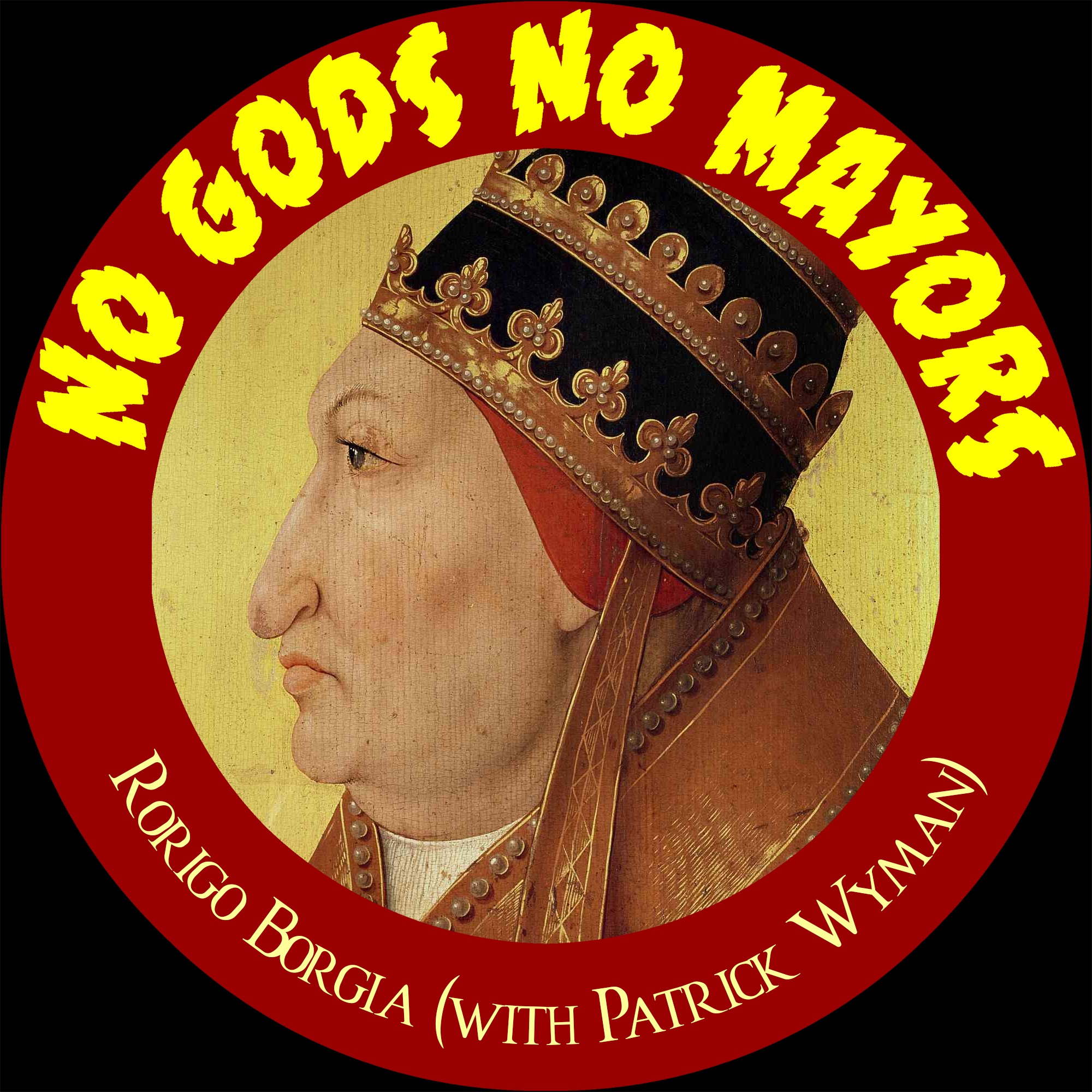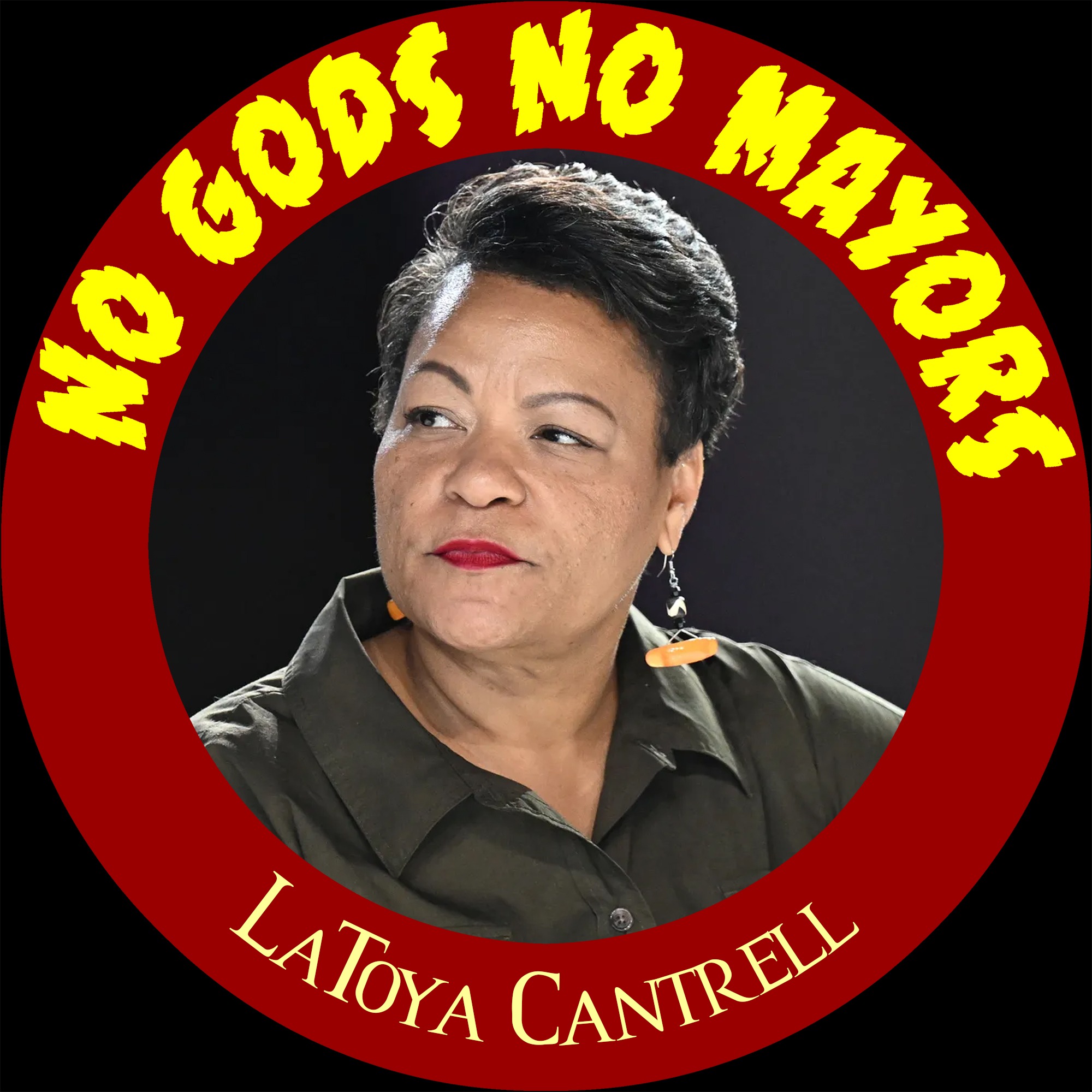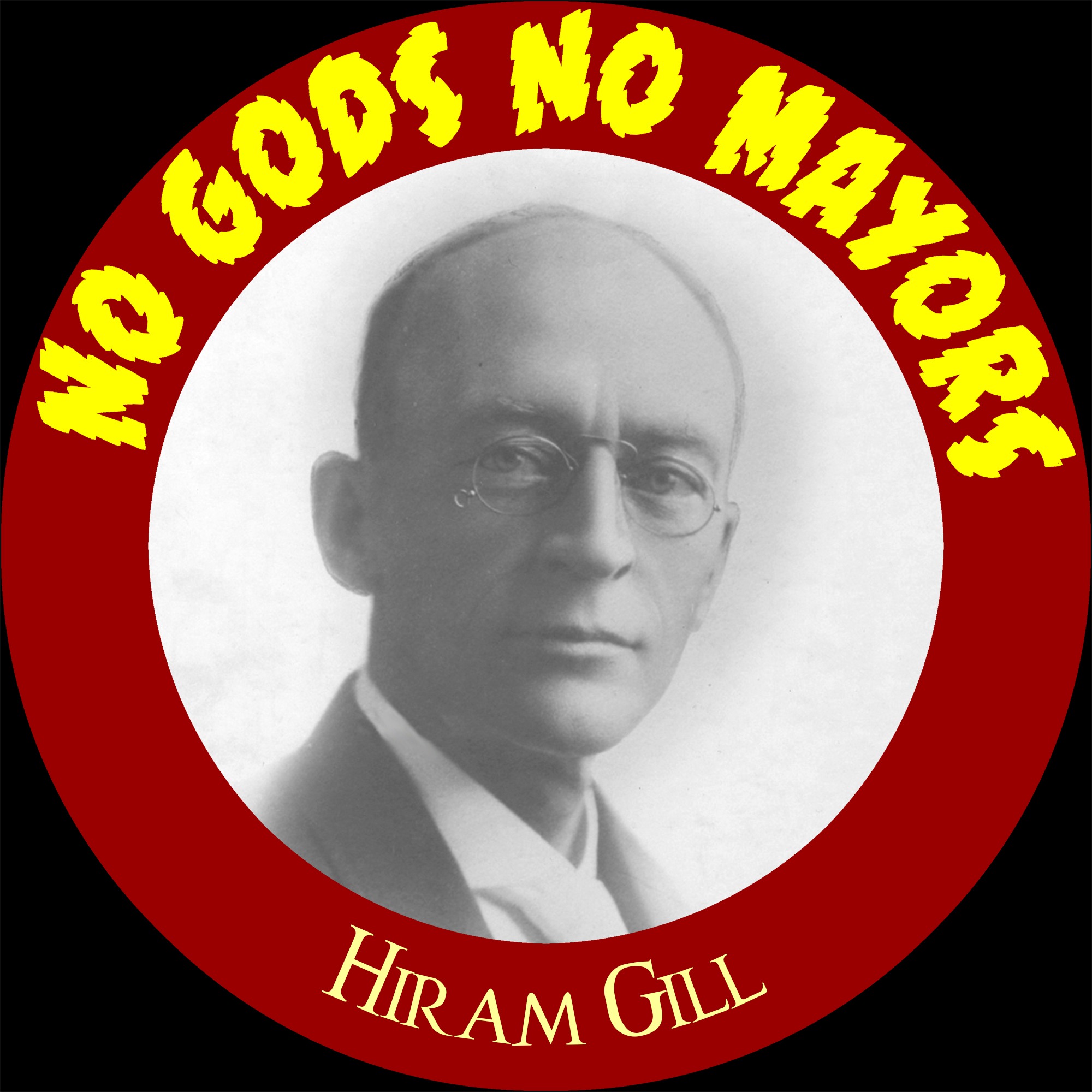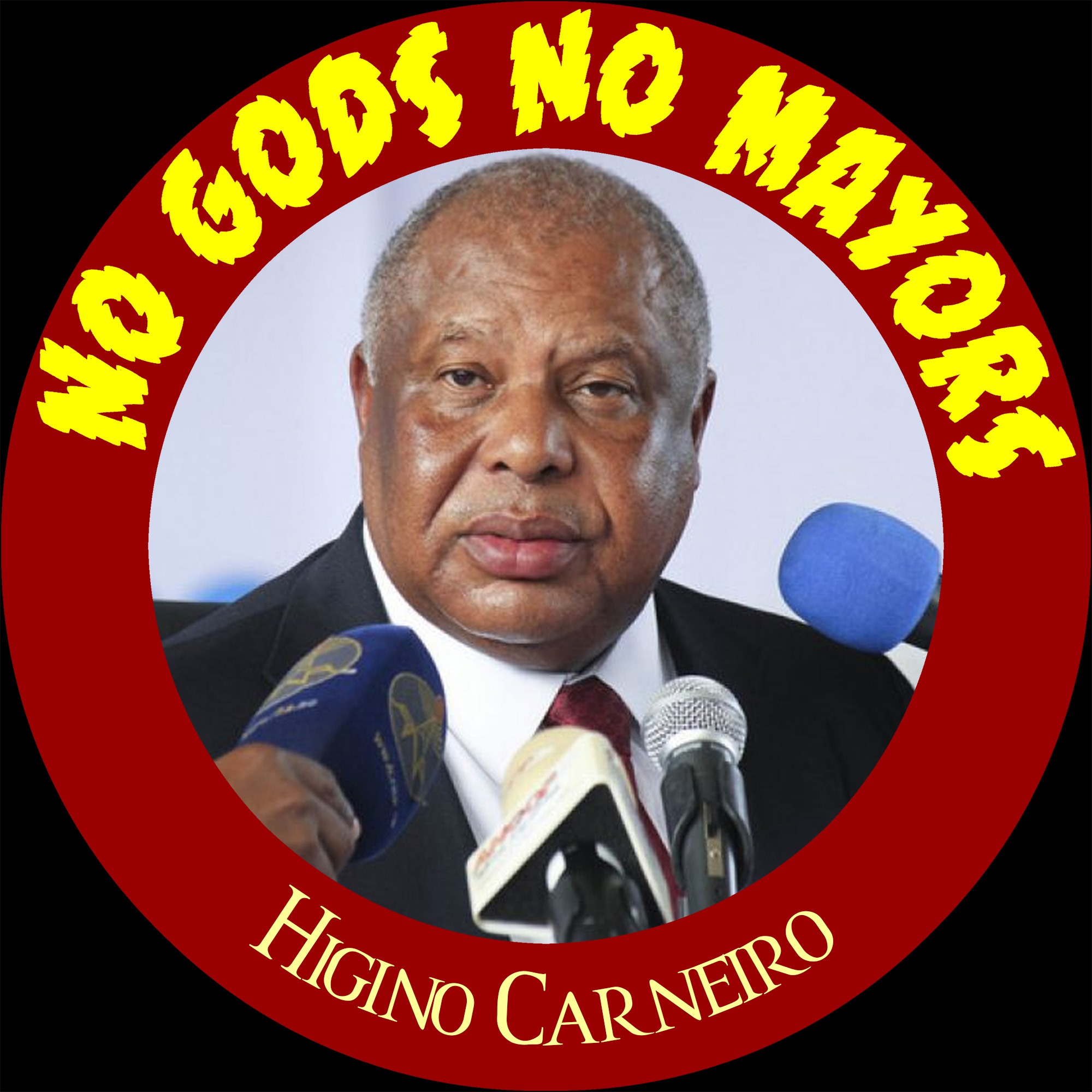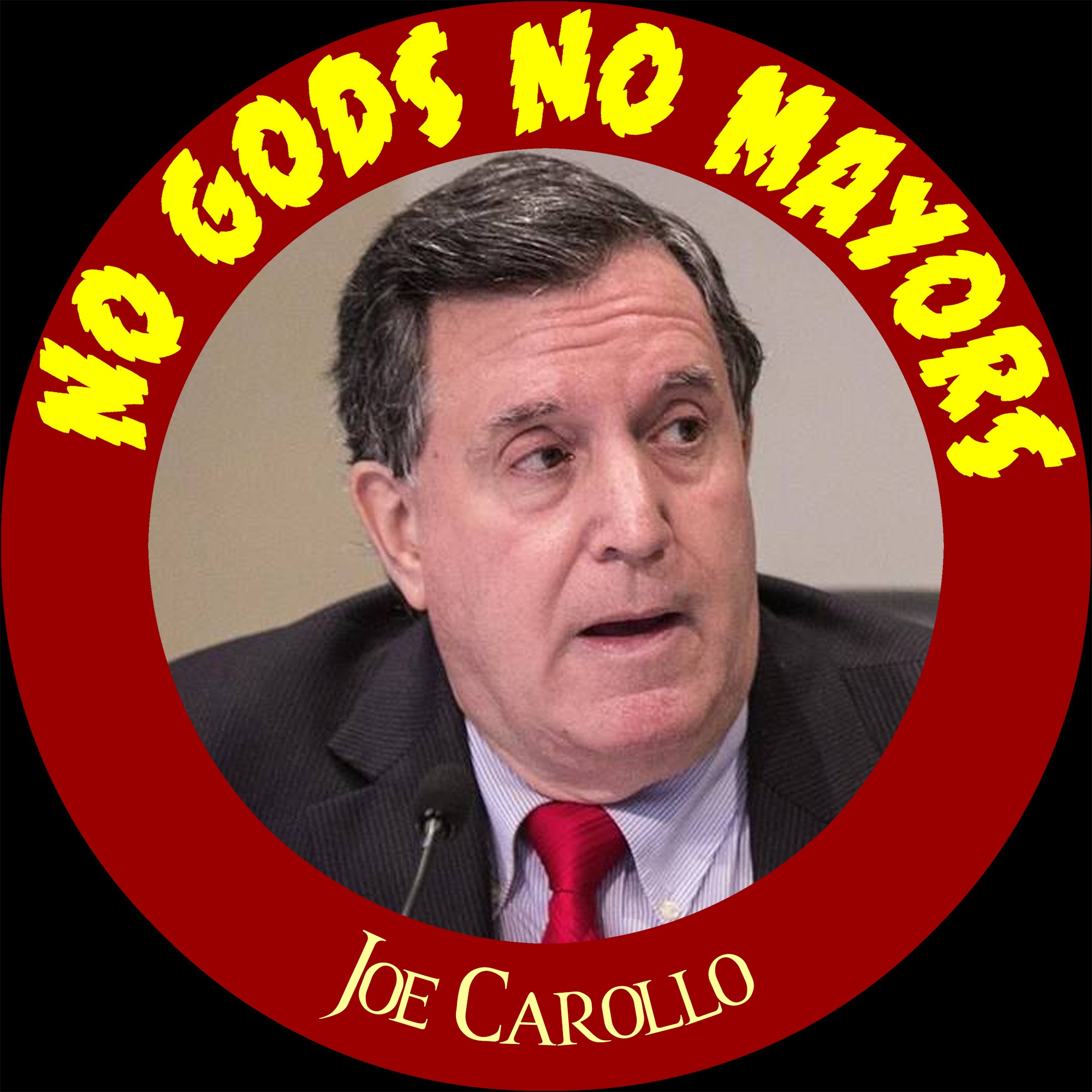Rodrigo Borgia (with Patrick Wyman)
Our favorite historian and host of The Tides of History podcast joins us to ask and answer a question that's been on our minds since we started the show: Are popes mayors? The answer is: Kind of!
To do so, we talk through the Pope's very mayor-like role during specifically the Renaissance, and the most mayor-like pope of them all, Rodrigo Borgia aka Pope Alexander VI. Now pull out your sword, and get to stabbin'!
If you like NGNM, why not become a Patreon subscriber, and get twice as many mayors per month!
Also, if you're on the west coast of America, why not catch Mattie on tour next week!
Press play and read along
Transcript
Transcript is processing—check back soon.
No Gods No Mayors — Rodrigo Borgia (with Patrick Wyman)
